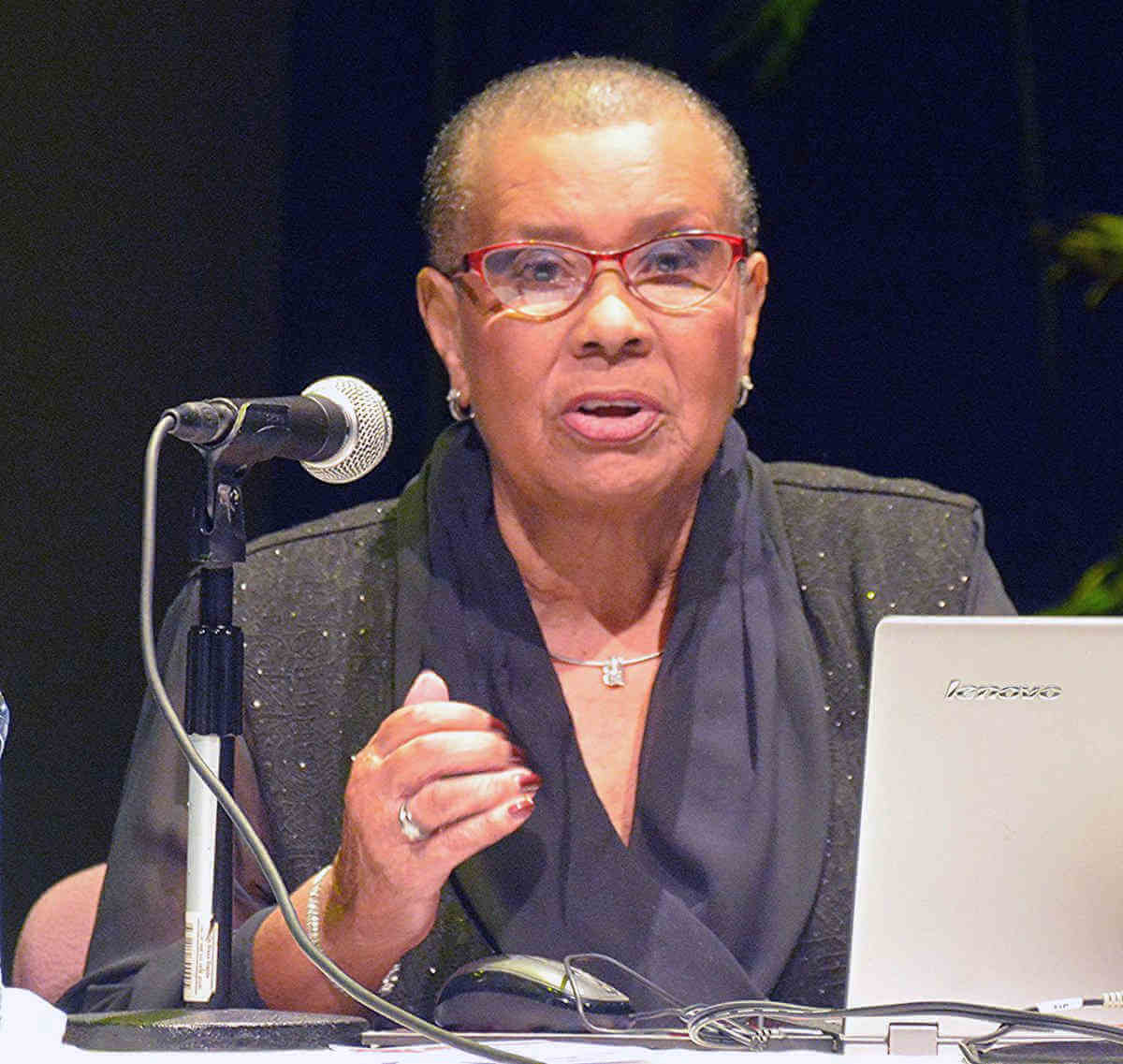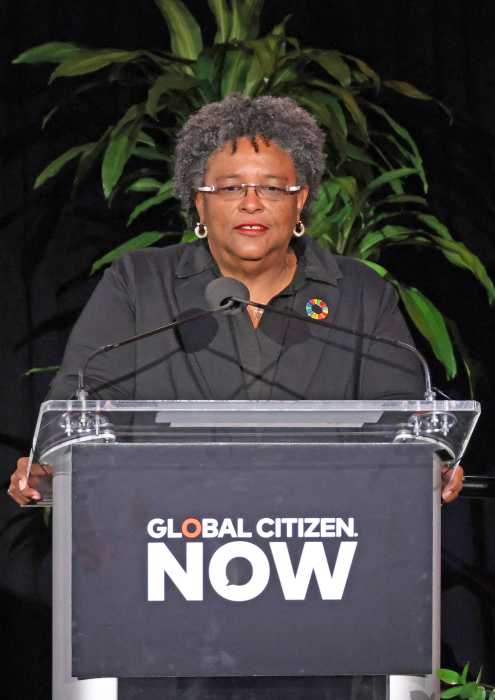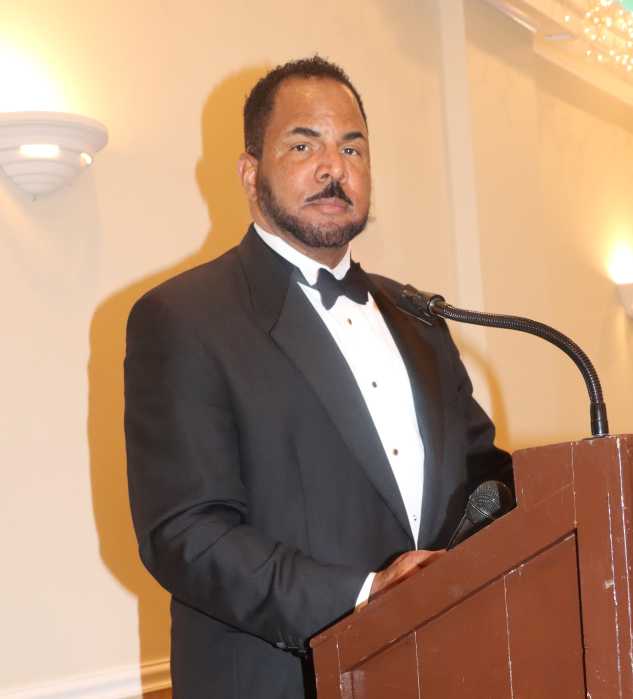While a large amount of creative talent continues to flow from the Caribbean bringing recognition and commerce to the region, territories in this group of islands are yet to harmonize copyright laws for protection of artistes.
A case in point is a Jackie Opel tune, ‘You’re No Good,’ that today stands as a signal example of a need for harmonisation of CARICOM intellectual property laws to guard the work of artistes long after they have passed away.
This song by the Barbadian musician who made a name in Jamaica remains popular some 54 years after being recorded but will soon carry no patent protection for the version pressed in Barbados, yet that copyright holds firm for the same rendition placed on a 45 record in Jamaica.
Researcher Dr. Elizabeth Watson has said that this irregularity exists because laws of individual Caribbean states prescribe varying lengths of time for which the estate of an artiste commands commercial rights of the departed person’s work.
Watson said during a recent presentation titled, ‘Jackie Opel, Barbadian Treasure, Jamaican Star,’ that “in Jamaica the copyright length is now 90 years [after death of the artiste], whereas in Barbados it is still 50 years”.
“Let us use “You’re No Good” for example,” she continued, “the one in Jamaica is covered for 90 years, but the Spouge version is covered for only 50 years because that was released in Barbados.”
Opel, born Dalton St. Clair, died in a car accident in Barbados in 1970, which means that the Spouge, or Barbados version of this song will be available to anyone to copy free of cost, then resell or otherwise use commercially with no legal hindrance as of the year 2020.
But, the Ska rendition, recorded in Jamaica remains legally protected until 2060.
“I really think it is something that the CARICOM ministers need to look at and have some harmonisation… as a matter of urgency,” Watson said.
This researcher who has written ‘bio-discographic’ books on Barbadian musicians, current Government Minister of Culture John King, Red Plastic Bag and ‘Informer’, added: “for those of you in the creative industries, this is something I think you need to press the policy-makers about because your work needs to be covered the same way that it is covered in other places.”
Watson said that her extensive research revealed 159 songs recorded by Jackie Opel, with most if not all still being played worldwide without royalty payments.
On the other hand, she quoted a Forbes Magazine ‘Five top earners from the crypt’ report that listed Michael Jackson’s estate as of 2017 receiving US$75 million in royalty since his death; Elvis Presley, US$25 million, and Bob Marley, $23 million.
“So those of you who are in the entertainment industry or have any intellectual property that you need to protect, please do what you need to do.”
Watson said that Japanese are “seriously bootlegging Jackie Opel’s work,” and those bootleggers are eyeing the 2020 date for the 50 years copyright protection period to elapse in places such as Barbados to then brazenly re-sell Opel’s songs.
“But the Jamaican government has worked against them, so they now have to wait another 40 years so that by then, who knows?,” she added, leaving open the question of whether bootlegging would be worthwhile by then.


























